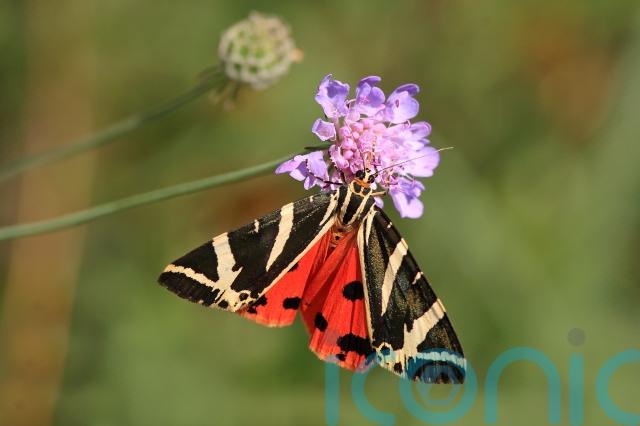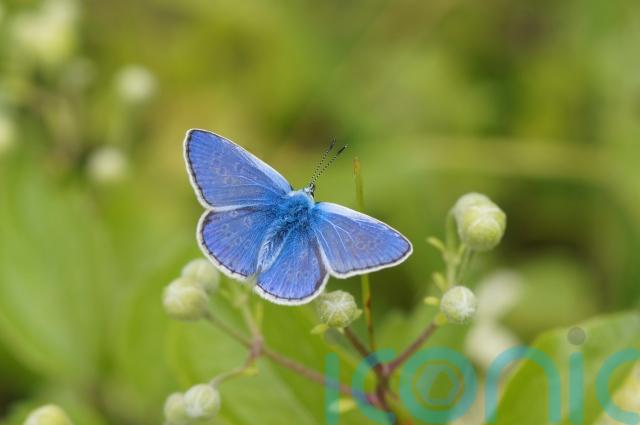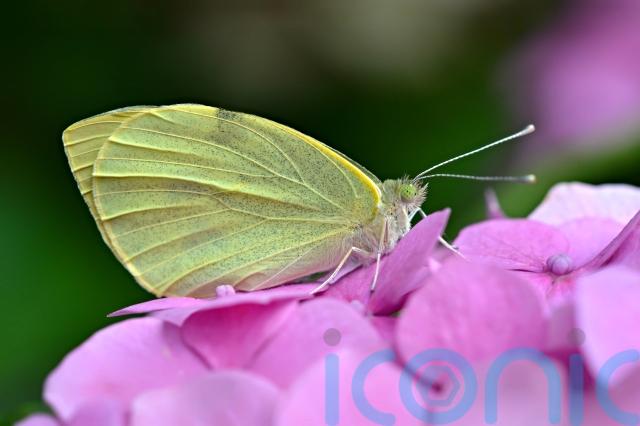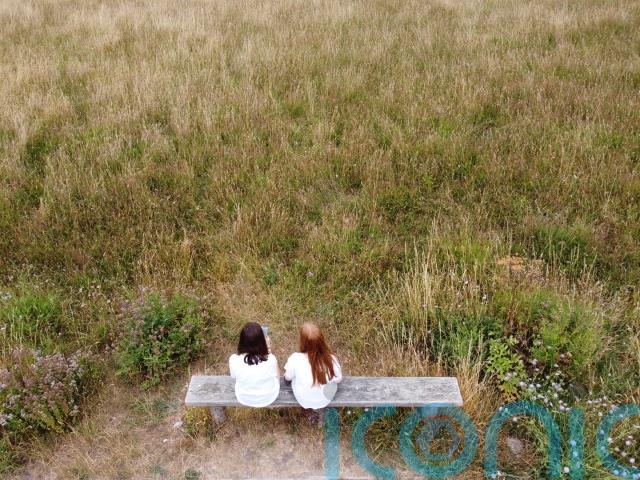
Conservationists said a nationwide butterfly count has yielded disappointing results despite hopes that the record hot summer might have helped to offset decades of declining numbers.
The Big Butterfly Count, organised by wildlife charity Butterfly Conservation over three weeks in the summer, gets members of the public to spend 15 minutes recording the butterflies they see in their garden, park or countryside.
It comes as part of efforts to track butterfly species, which have suffered declines of more than 80% in the UK since the 1970s, with experts saying they have been hit by damage to their habitats, climate change and the use of pesticides.
Butterflies are most active and commonly seen during the summer months, which provide the warm, sunny conditions they need for flight, feeding and reproduction.

Last year’s wet spring and cool summer contributed to the lowest numbers spotted in the count’s 14-year history, with a record number of counts logged as seeing no butterflies at all, and familiar species such as small whites, common blues and small tortoiseshells having their worst summer ever.
While numbers were much higher compared with 2024, Butterfly Conservation said 2025 was still not a bumper year despite the warm sunny conditions, and that urgent measures are still needed to reverse the long-term decline.
Between July 18 and August 10 this year, a record of more than 125,000 citizen scientists took part in the count, recording 1.7 million butterflies and moths.
The top species spotted were large white, small white, gatekeeper, red admiral and meadow brown.
The large white and small white both recorded their best-ever Big Butterfly Count result, as did the Jersey tiger moth, which was recorded more widely and in higher numbers than ever before.
Meanwhile, the small tortoiseshell, which had its worst Big Butterfly Count result on record in 2024, showed some improvement but still recorded a below-average year and has declined by 60% since 2011.

By contrast, holly blue had its second-worst result on record, common blue had its third-worst and meadow brown had its fourth-worst.
On average, participants recorded 10.3 butterflies during each 15-minute count, which comes as a marked improvement from last summer’s record low of just seven.
But conservationists said the better results this year are only broadly average by modern-day standards, and have done little to reverse longer-term declines.
While most species had a better than average summer, one-third of species fared poorly even in the generally beneficial weather, they added.
Richard Fox, head of science at Butterfly Conservation, said: “We may feel like we’ve seen lots of butterflies this summer, but that’s only because last year was so awful.
“Whilst we’ve seen noticeably more butterflies during 2025’s Big Butterfly Count, the figures suggest it’s actually been a pretty average year for them by modern standards.”

Mr Fox said the count’s trends over 15 years show that more than twice as many widespread species have declined significantly compared with those that have increased.
“There remains a need for us to take urgent action to support our butterfly populations, including by improving the environment in which they live, restoring habitats and reducing pesticide use,” he said.
“Until we do these things we are unlikely to see a great recovery in butterfly numbers, regardless of how much the sun shines.”

This year, Butterfly Conservation said the count was part of a “nationwide rescue mission” for the UK’s ailing species by providing data that helps scientists understand where they are thriving, struggling or moving thanks to habitat loss or restoration.
As a key indicator of the UK’s biodiversity and environmental health, the charity said the 2025 results show that more action is needed to restore butterfly numbers in the UK.
Mr Fox said: “ We know the weather impacts their numbers and with the summer we’ve just had we should be seeing them in far greater numbers.
“Even when the weather is good, the environment is only able to support far fewer butterflies than it used to.”
The charity is calling for an end to the unlicensed use of butterfly-killing synthetic pesticides, and asking retailers to take them off the shelves.
It is also asking people to sign its open letter to retailers calling for the removal of toxic synthetic pesticides from sale for domestic use.
Subscribe or register today to discover more from DonegalLive.ie
Buy the e-paper of the Donegal Democrat, Donegal People's Press, Donegal Post and Inish Times here for instant access to Donegal's premier news titles.
Keep up with the latest news from Donegal with our daily newsletter featuring the most important stories of the day delivered to your inbox every evening at 5pm.